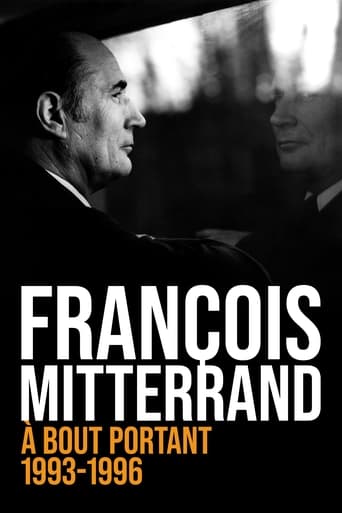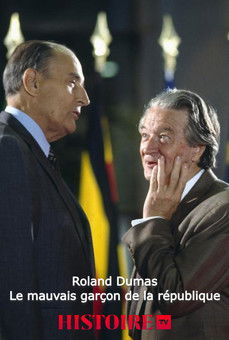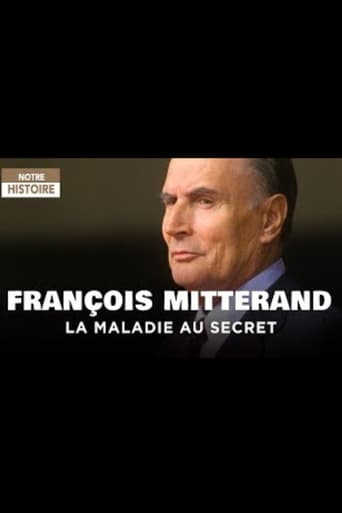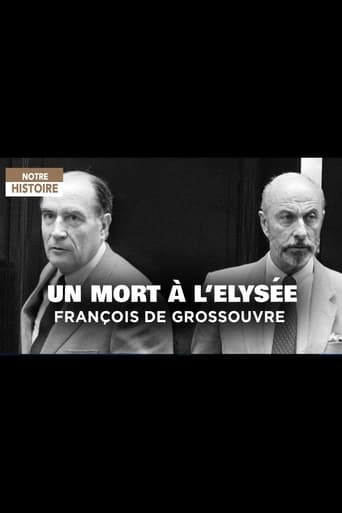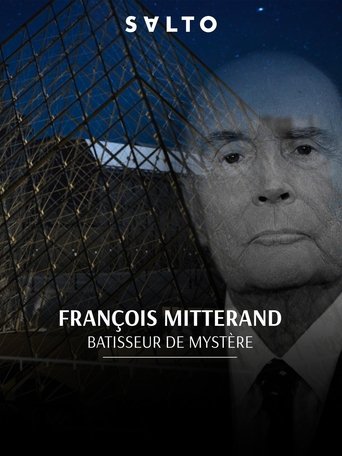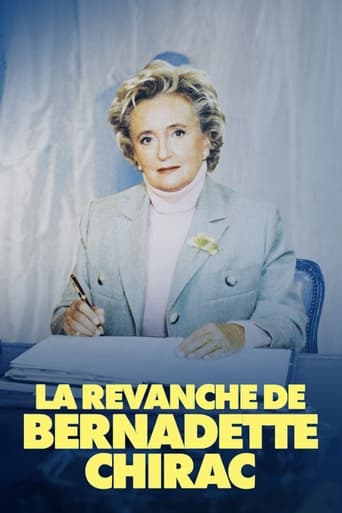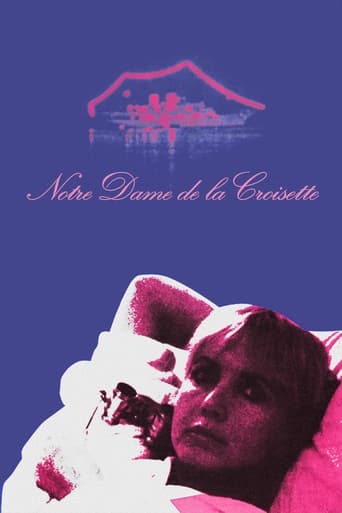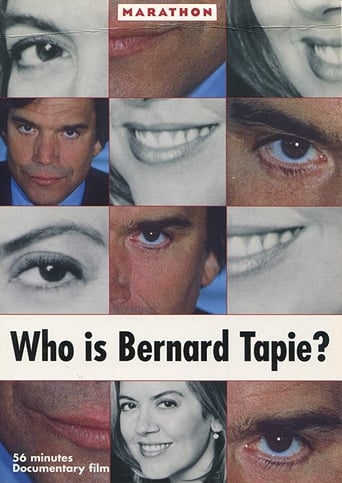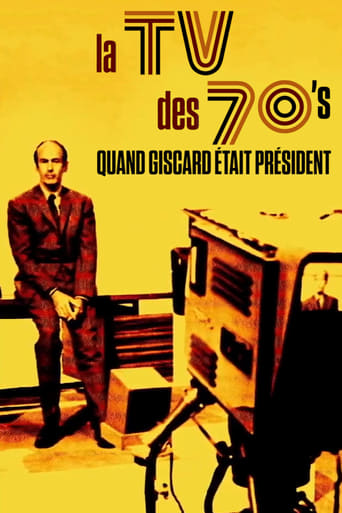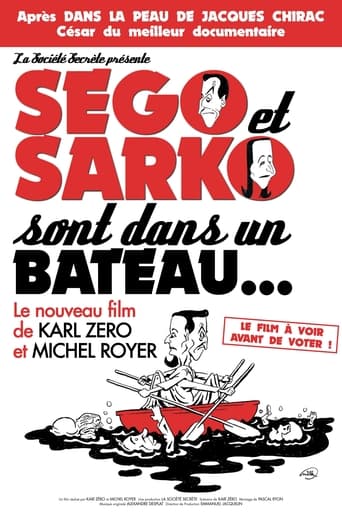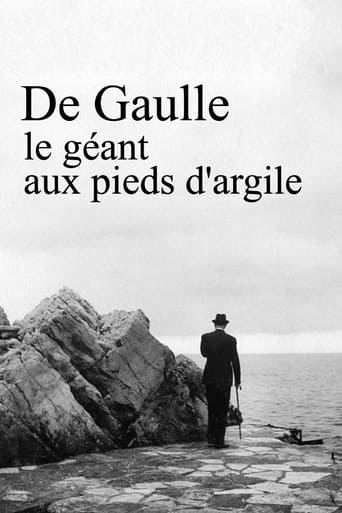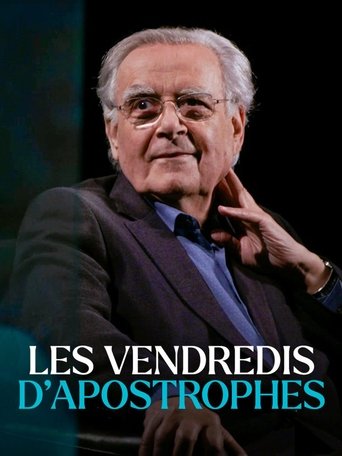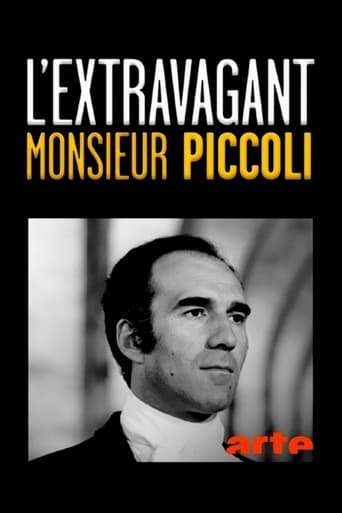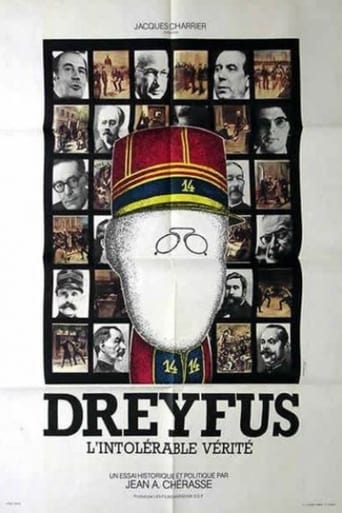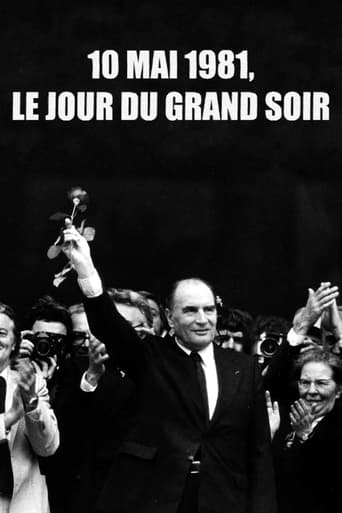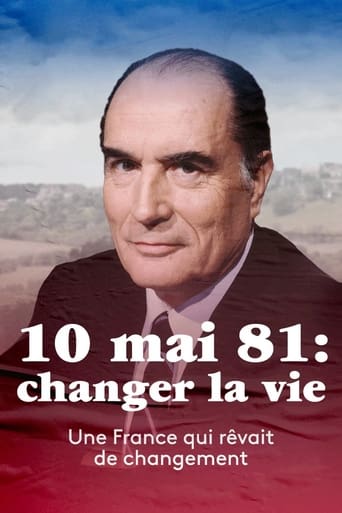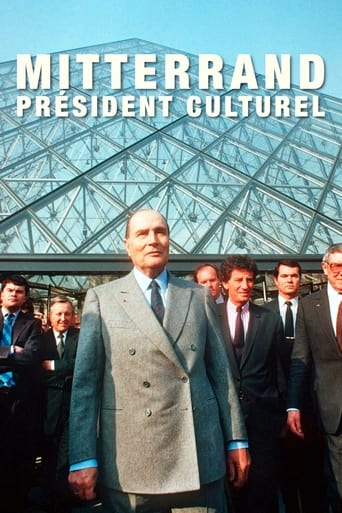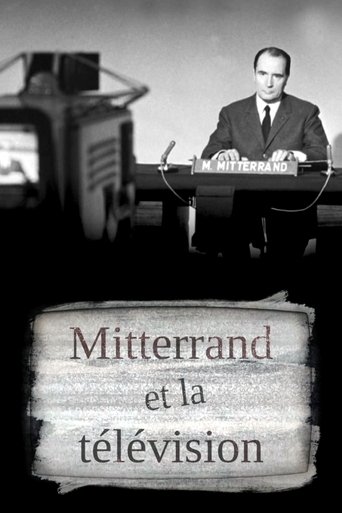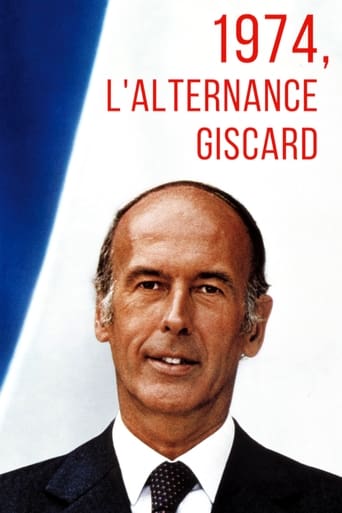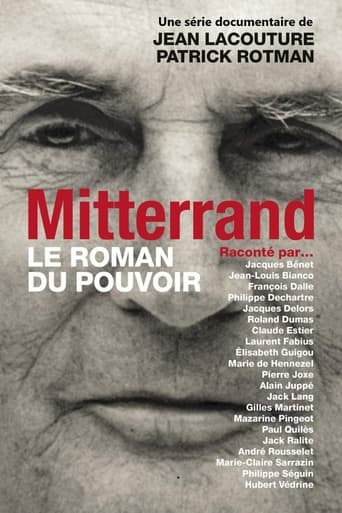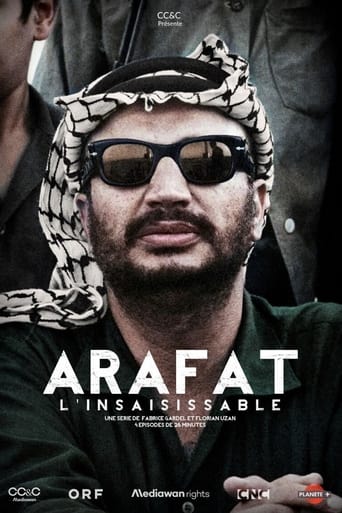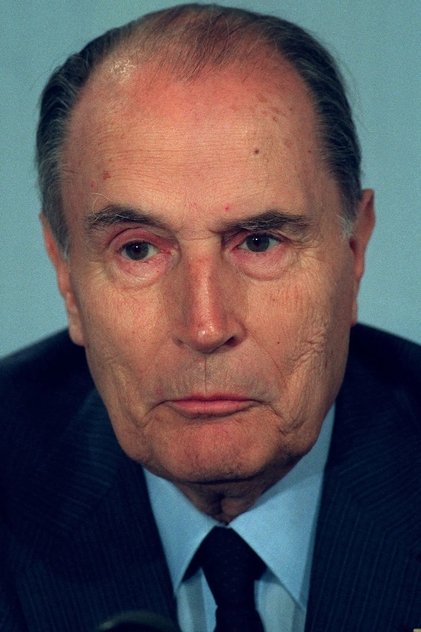
François Mitterrand
François Marie Adrien Maurice Mitterrand (26 October 1916 – 8 January 1996) was President of France, serving under that position from 1981 to 1995, the longest time in office in the history of France. As First Secretary of the Socialist Party, he was the first left-wing politician to assume the presidency under the Fifth Republic. Reflecting family influences, François Mitterrand started political life on the Catholic nationalist right. He served under the Vichy Regime during its earlier years. Subsequently he joined the Resistance, moved to the left, and held ministerial office several times under the Fourth Republic. Mitterand opposed Charles de Gaulle's establishment of the Fifth Republic. Although at times a politically isolated figure, he outmanoeuvered rivals to become the left's standard bearer in the 1965 and 1974 presidential elections, before being elected president in the 1981 presidential election. He was re-elected in 1988 and remained in office until 1995. François Mitterrand invited the Communist Party into his first government, which was a controversial decision at the time. In the event, the Communists were boxed in as junior partners and, rather than taking advantage, saw their support erode. They left the cabinet in 1984. Early in his first term, he followed a radical left-wing economic agenda, including nationalisation of key firms, but after two years, with the economy in crisis, he reversed course. He pushed a socially liberal agenda with reforms such as the abolition of the death penalty, the 39-hour work week, and the end of a government monopoly in radio and television broadcasting. His foreign and defense policies built on those of his Gaullist predecessors, except as regards their reluctance to support European integration, which he reversed. His partnership with German Chancellor Helmut Kohl advanced European integration via the Maastricht Treaty, and he reluctantly accepted German reunification. During his time in office, he was a strong promoter of culture and implemented a range of costly "Grands Projets". He was the first French President to appoint a female Prime Minister, Édith Cresson, in 1991. François Mitterrand was twice forced by the loss of a parliamentary majority into "cohabitation governments" with conservative cabinets led, respectively, by Jacques Chirac (1986–1988), and Édouard Balladur (1993–1995). Less than eight months after leaving office, he died from the prostate cancer he had successfully concealed for most of his presidency. Beyond making the French Left electable, François Mitterrand presided over the rise of the Socialist Party to dominance of the left, and the decline of the once-mighty Communist Party (As a share of the popular vote in the first presidential round, the Communists shrank from a peak of 21.27% in 1969 to 8.66% in 1995, at the end of François Mitterrand's second term.) ... Source: Article "François Mitterrand" from Wikipedia in English, licensed under CC-BY-SA 3.0.
- Tiêu đề: François Mitterrand
- Phổ biến: 1.555
- Được biết đến với: Acting
- Sinh nhật: 1916-10-26
- Nơi sinh: Jarnac, Charente, France
- Trang chủ:
- Cũng được biết đến như là:





